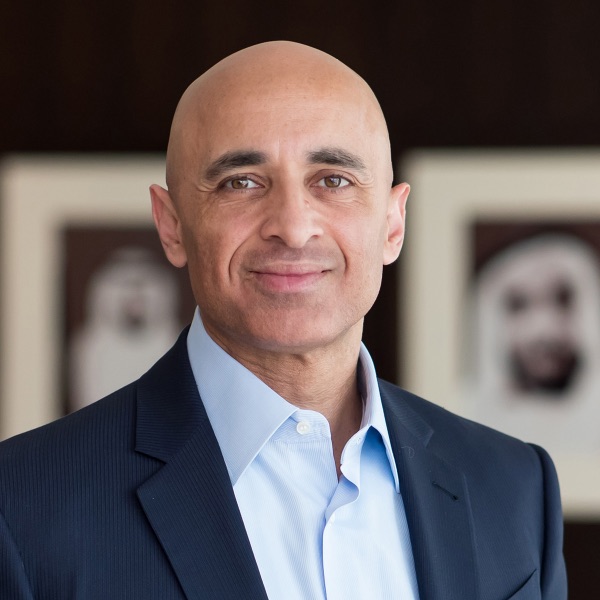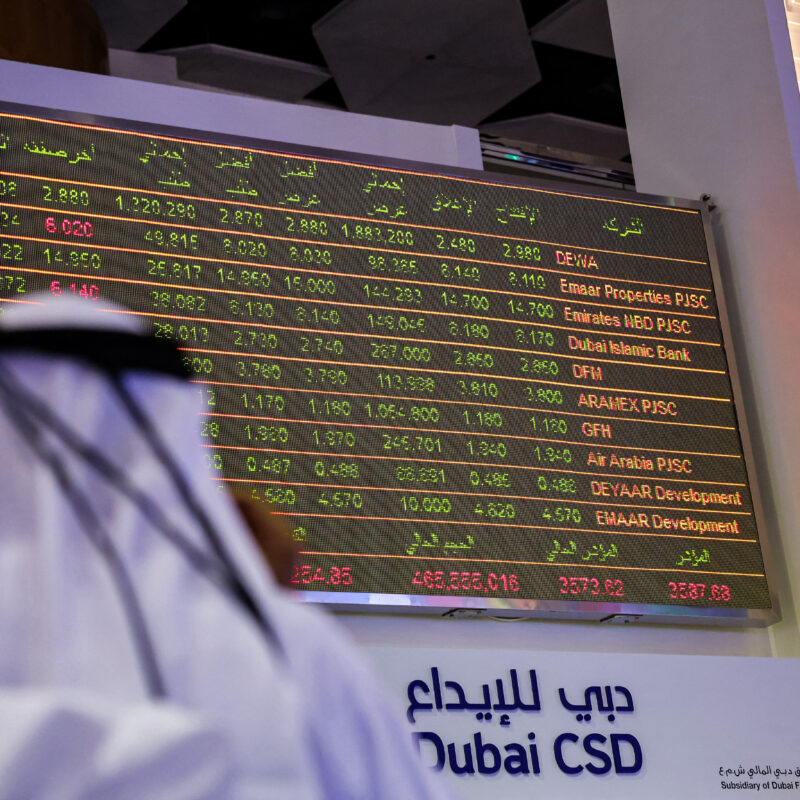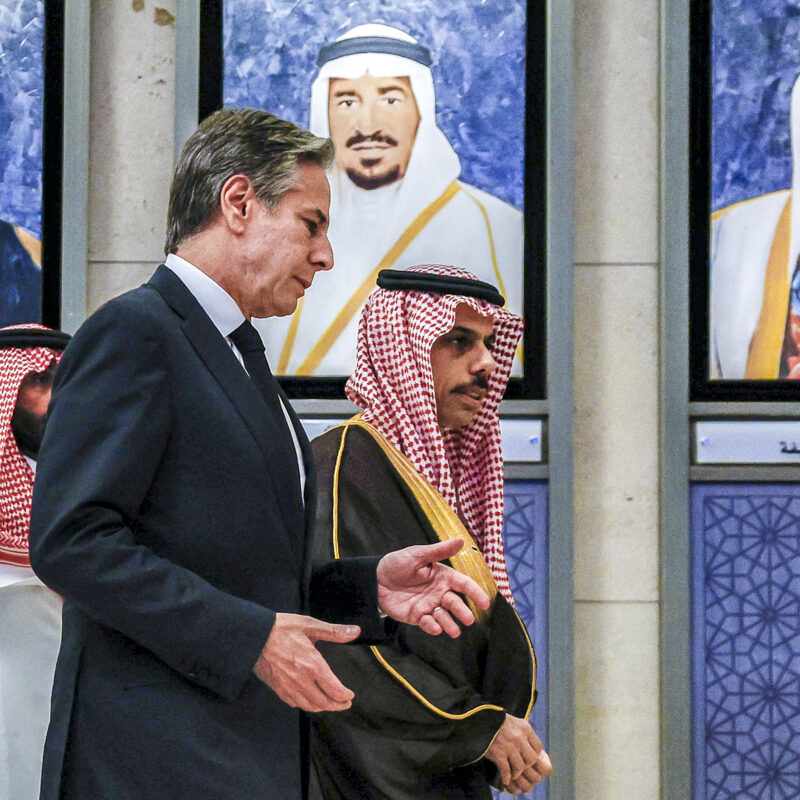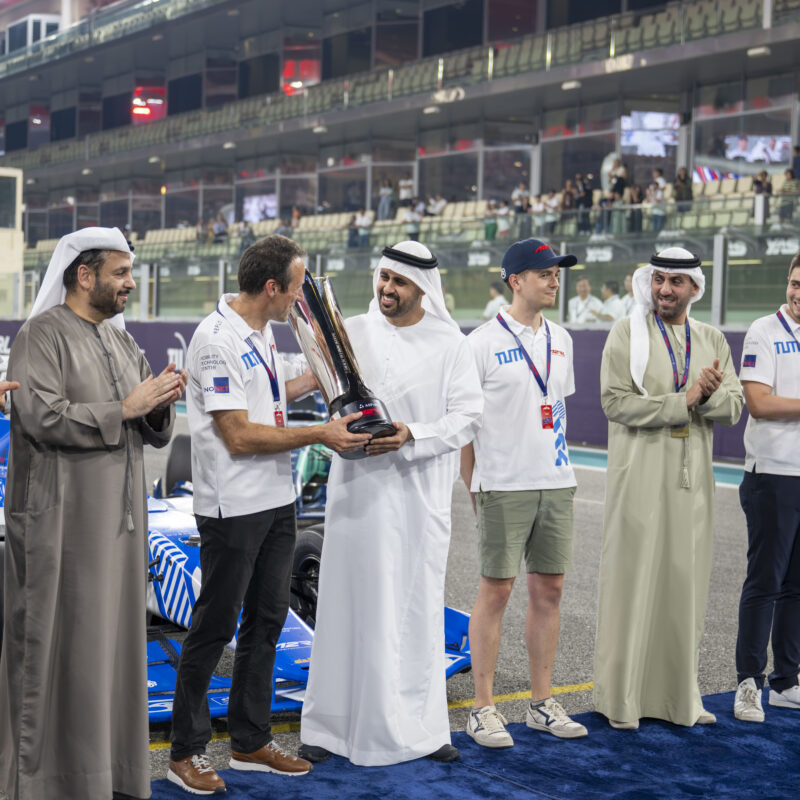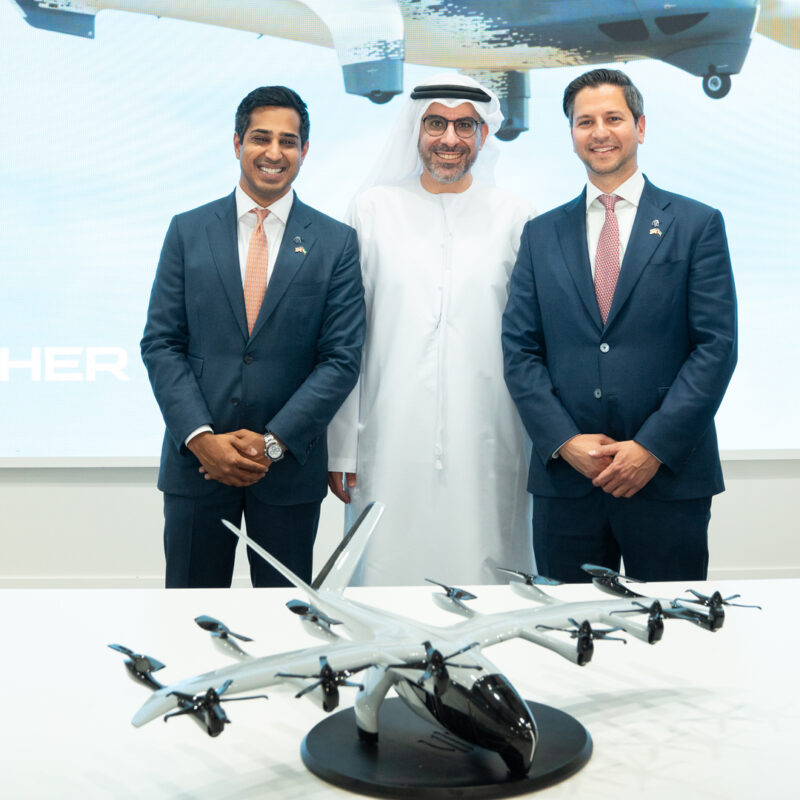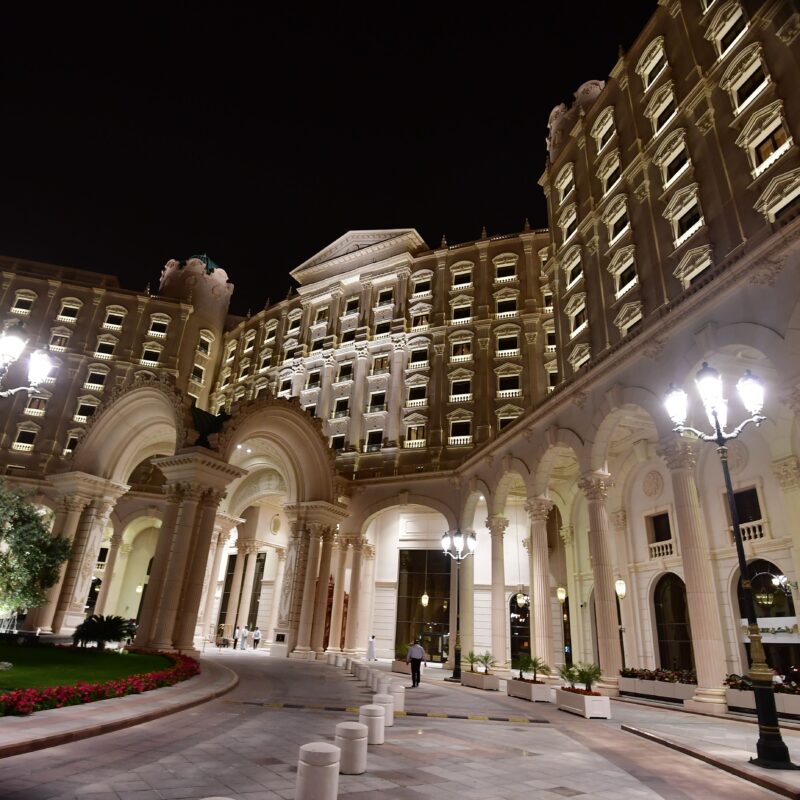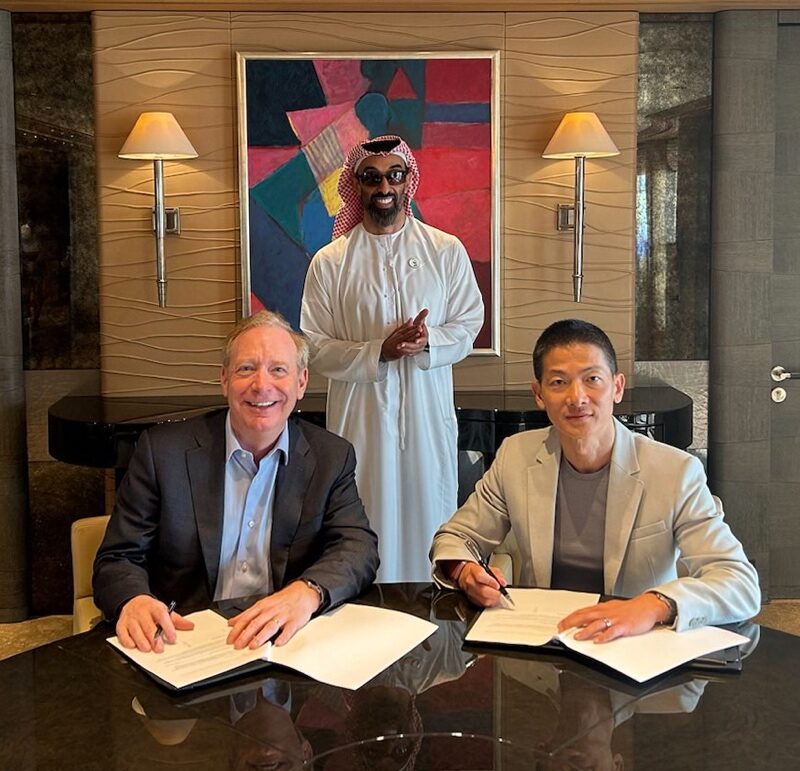Wealthy expats key to GCC long-term growth, according to Mercer
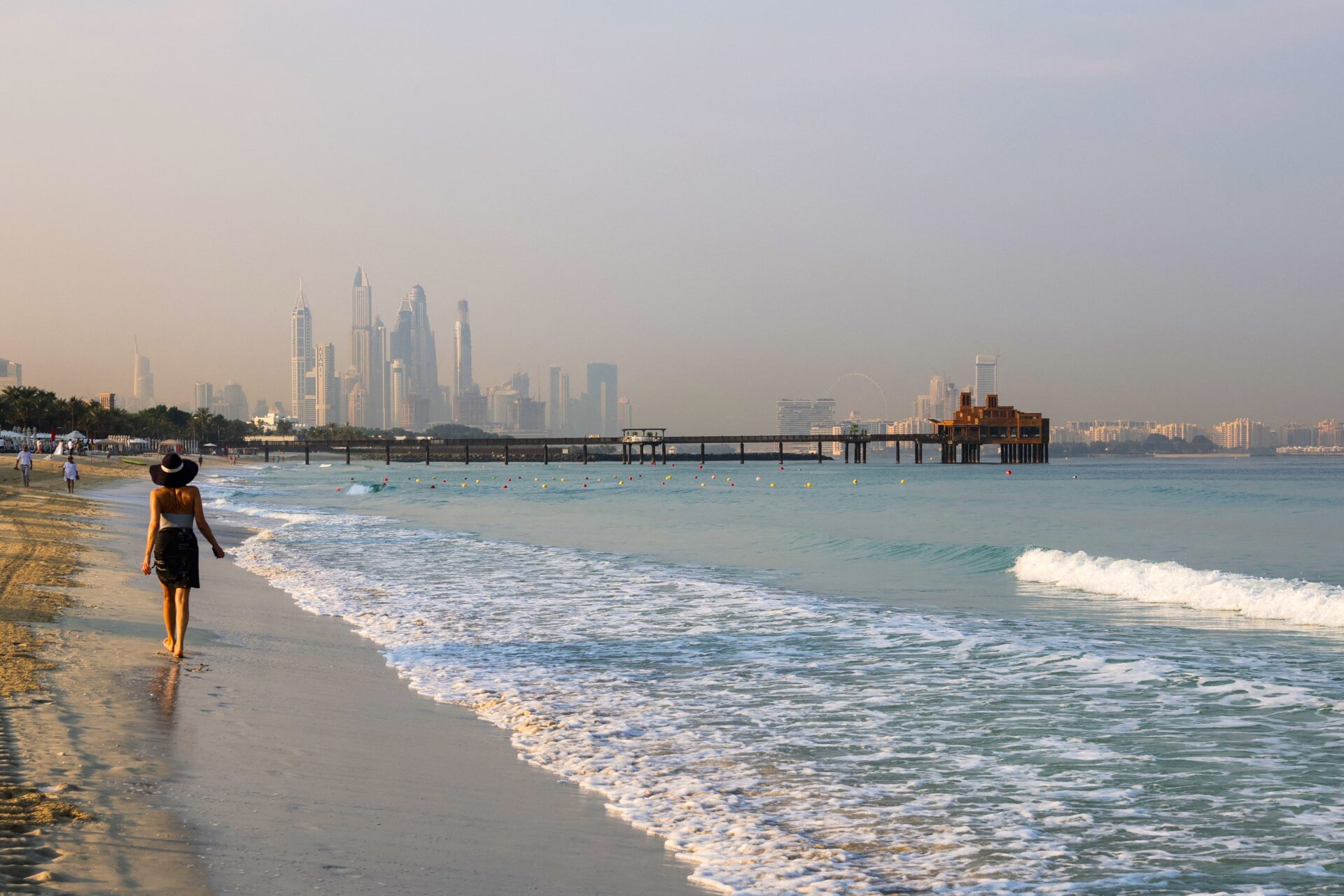
Gulf economies could benefit from more expatriates staying for retirement. (AFP via Getty Images)
Retaining wealthy expatriates for the long-term is critical to the growth of Gulf economies as cities vie to attract workers who are projected to live longer and retire earlier, according to a new report from Mercer, released with the World Governments Summit in Dubai this week.
“GCC countries like the UAE – because of their significant proportion of high-net-worth international expatriates – could benefit from more expatriates staying for retirement,” said Mercer’s Robert Ansari, a co-author of the report.
Opportunities are growing for expats in technology and financial services across the region as the GCC relaxes visa rules and expands incentives to lure start-ups, tech companies and multinational financial firms. The UAE’s visa reforms, including its move last month to lower spending requirements to secure a 10-year residency visa, the so-called “Golden Visa,” is one example.
Home sales, a barometer of long-term commitment, are a mixed bag in the Gulf as high prices and rising interest rates pinch buyers. Residential real estate transactions in Saudi Arabia declined 16% last year compared to 2022, according to a new report by property consultancy Knight Frank. Dubai, by contrast, is shrugging off the affordability challenge — the market is hot and international buyers are flocking. The emirate counted a record 1.6 million real estate transactions last year, up 17% compared to 2022, according to the Dubai Land Department.


